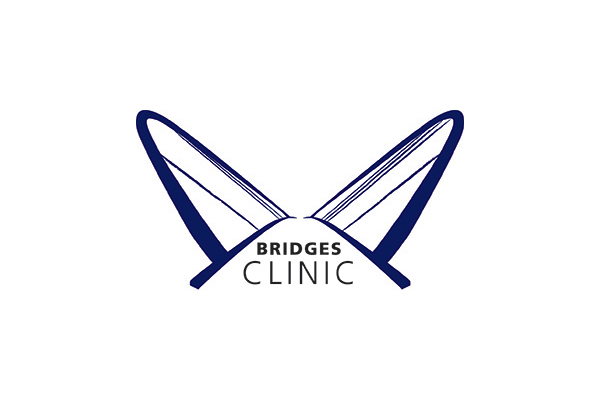A stroke is a brain attack. It happens when the blood supply to part of your brain is cut off. Blood carries essential nutrients and oxygen to your brain. Without blood your brain cells can be damaged or die. This damage can have different effects, depending on where it happens in your brain.
A stroke can affect the way your body works as well as how you think, feel and communicate.
What causes stroke?
As we age, our arteries become harder and narrower and more likely to become blocked. However, certain medical conditions and lifestyle factors can speed up this process and increase your risk of having a stroke.
Different types of stroke
Most strokes are caused by a blockage cutting off the blood supply to the brain. This is an ischaemic stroke.
However, strokes can also be caused by a bleeding in or around the brain. This is a haemorrhagic stroke.
A transient ischaemic attack or TIA is also known as a mini-stroke. It is the same as a stroke, except that the symptoms only last for a short amount of time. This is because the blockage that stops the blood getting to your brain is temporary.
Can you recover from stroke?
All strokes are different. For some people the effects may be relatively minor and may not last long. Others may be left with more serious problems that make them dependent on other people.
Unfortunately not everyone survives – around one in eight people die within 30 days of having a stroke. That’s why it’s so important to be able to recognise the symptoms and get medical help as quickly as possible.
The quicker you receive treatment, the better your chances for a good recovery.
Symptoms of stroke
It can happen to anyone, of any age, at any time. It’s vital to know how to spot the warning signs of a stroke in yourself or someone else. Using the FAST test is the best way to do this.
- Face: Can the person smile? Has their face fallen on one side?
- Arms: Can the person raise both arms and keep them there?
- Speech problems: Can the person speak clearly and understand what you say? Is their speech slurred?
- Time: If you see any of these three signs, it’s time to call 999
There is no way of knowing if symptoms will pass or get better when they first start, so you need to seek immediate medical help. A stroke is a medical emergency. Always dial 999. The quicker the person arrives at a specialist stroke unit, the quicker they will receive appropriate treatment.
Other symptoms of stroke
The FAST test helps to spot the three most common symptoms of stroke. But there are other signs that you should always take seriously. These include:
- sudden weakness or numbness on one side of the body, including legs, hands or feet.
- difficulty finding words or speaking in clear sentences.
- sudden blurred vision or loss of sight in one or both eyes.
- sudden memory loss or confusion, and dizziness; or a sudden fall.
- a sudden, severe headache.
If you spot any of these signs of a stroke, don’t wait. Call 999 straight away.
Ambulance paramedics are trained in stroke, and will take the person to the best hospital for specialist treatment.
Transient Ischaemic Attack (TIA)
The FAST test can be used to recognise the signs of a TIA as well. A TIA (transient ischaemic attack), also known as a mini-stroke, is the same as a stroke, except that the symptoms last for a short amount of time.
If you, or someone else, show any of the signs of stroke you must call 999. Don’t wait to see if the symptoms pass or get better.
